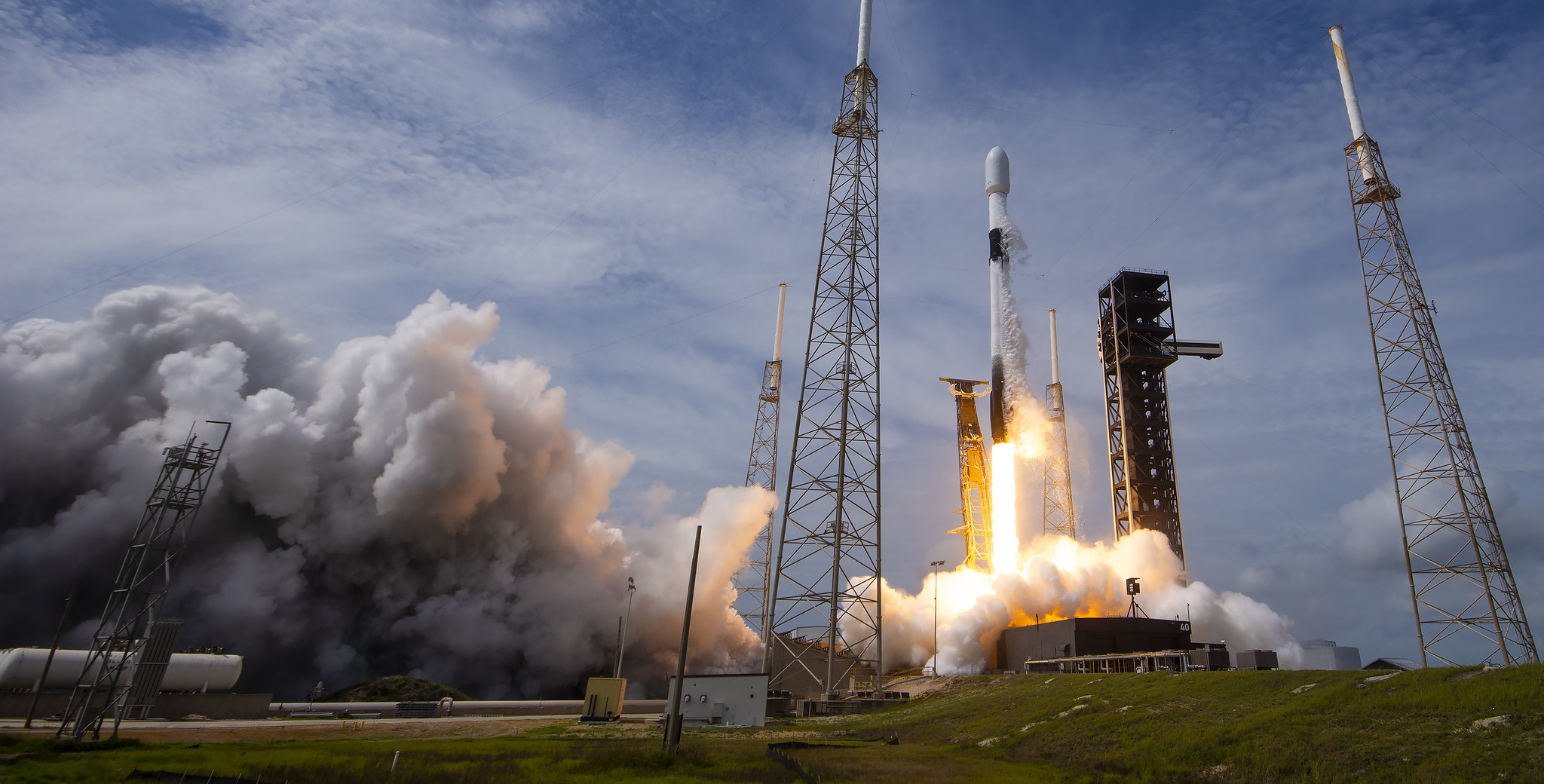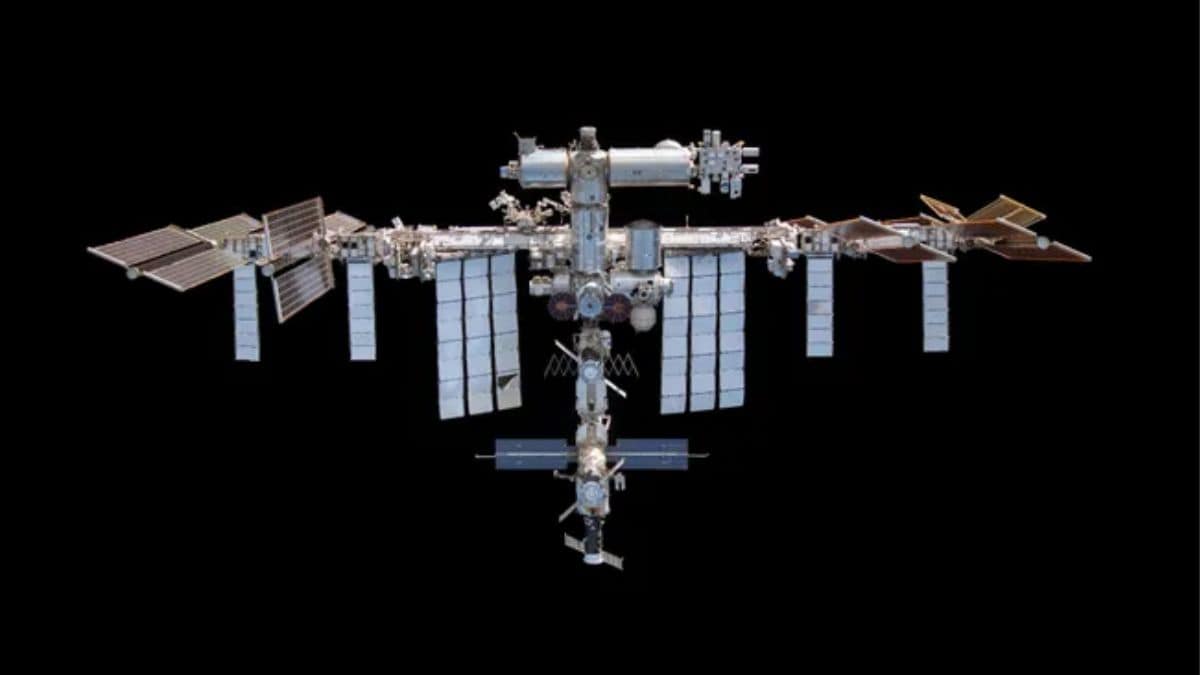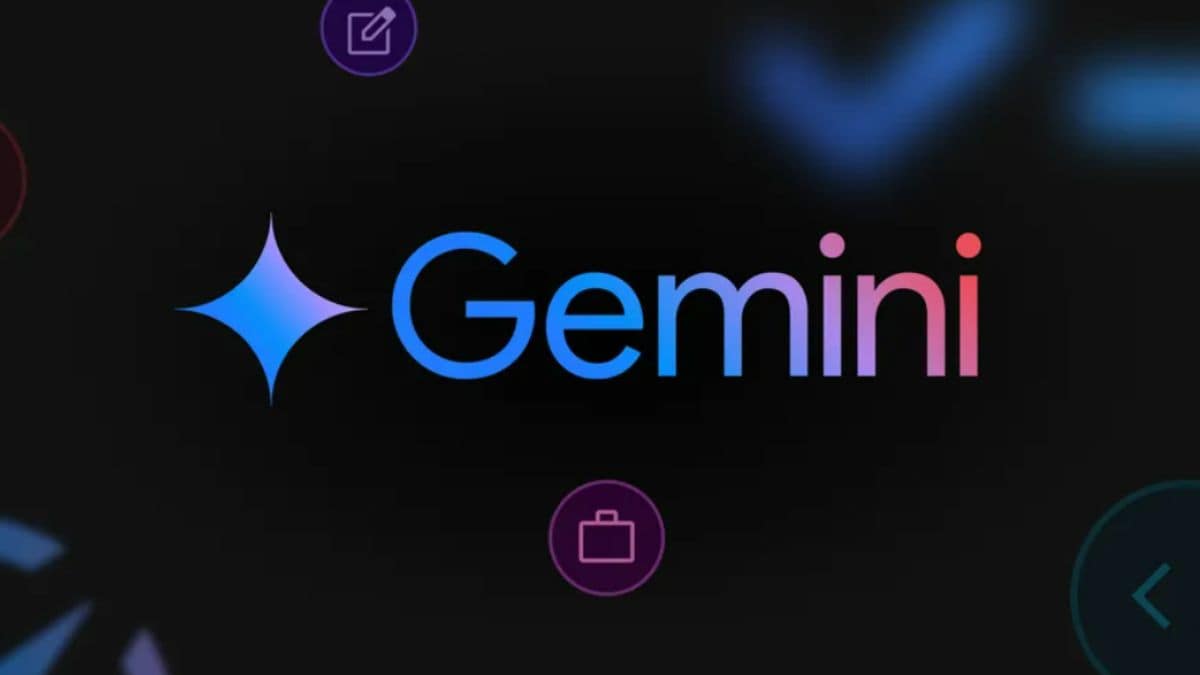Media accreditation is open for the next launch to deliver NASA science investigations, supplies, and equipment to the International Space Station. A Northrop Grumman Cygnus spacecraft will launch to the orbital laboratory on a SpaceX Falcon 9 rocket for NASA.
The mission is known as NASA’s Northrop Grumman Commercial Resupply Services 23, or Northrop Grumman CRS-23. Liftoff is targeted for mid-September from Space Launch Complex 40 at Cape Canaveral Space Force Station in Florida.
Following launch, astronauts aboard the space station will use the Canadarm2 to grapple Cygnus, and the spacecraft will be installed robotically to the Unity module’s Earth-facing port for cargo unloading. The spacecraft will remain at the space station for more than two months.
Credentialing to cover prelaunch and launch activities is open to U.S. media. The application deadline for U.S. citizens is 11:59 p.m. EDT, Wednesday, Aug. 27. All accreditation requests must be submitted online at:
Credentialed media will receive a confirmation email upon approval. NASA’s media accreditation policy is available online. For questions about accreditation, or to request special logistical support, email: [email protected]. For other questions, please contact NASA’s Kennedy Space Center newsroom at: 321-867-2468.
Para obtener información sobre cobertura en español en el Centro Espacial Kennedy o si desea solicitor entrevistas en español, comuníquese con Antonia Jaramillo o Messod Bendayan a: [email protected] o [email protected].
This is the 23rd spacecraft built to deliver goods to the International Space Station. In March, NASA and Northrop Grumman moved up the company’s Commercial Resupply Services-23 mission to September following damage to the Cygnus Pressurized Cargo Module during shipping for the company’s Commercial Resupply Services-22 flight.
Each resupply mission to the station delivers scientific investigations in the areas of biology and biotechnology, Earth and space science, physical sciences, and technology development and demonstrations. Cargo resupply from U.S. companies ensures a national capability to deliver scientific research to the space station, increasing NASA’s ability to conduct new investigations aboard humanity’s laboratory in space.
In addition to food, supplies, and equipment for the crew, Cygnus will deliver research, including materials to produce semiconductor crystals in space and equipment to develop improvements for cryogenic fuel tanks. Cygnus also will deliver a specialized UV light system to prevent biofilm growth and supplies to produce pharmaceutical crystals that could treat cancer and other diseases.
The International Space Station is a convergence of science, technology, and human innovation that enables research not possible on Earth. For almost 25 years, humans have continuously lived and worked aboard the International Space Station, advancing scientific knowledge and demonstrating new technologies that enable us to prepare for human exploration of the Moon and Mars.
Learn more about NASA’s commercial resupply missions at:
Josh Finch
Headquarters, Washington
202-358-1100
[email protected]
Steven Siceloff
Kennedy Space Center, Fla.
321-876-2468
[email protected]
Sandra Jones / Joseph Zakrzewski
Johnson Space Center, Houston
281-483-5111
[email protected] / [email protected]




